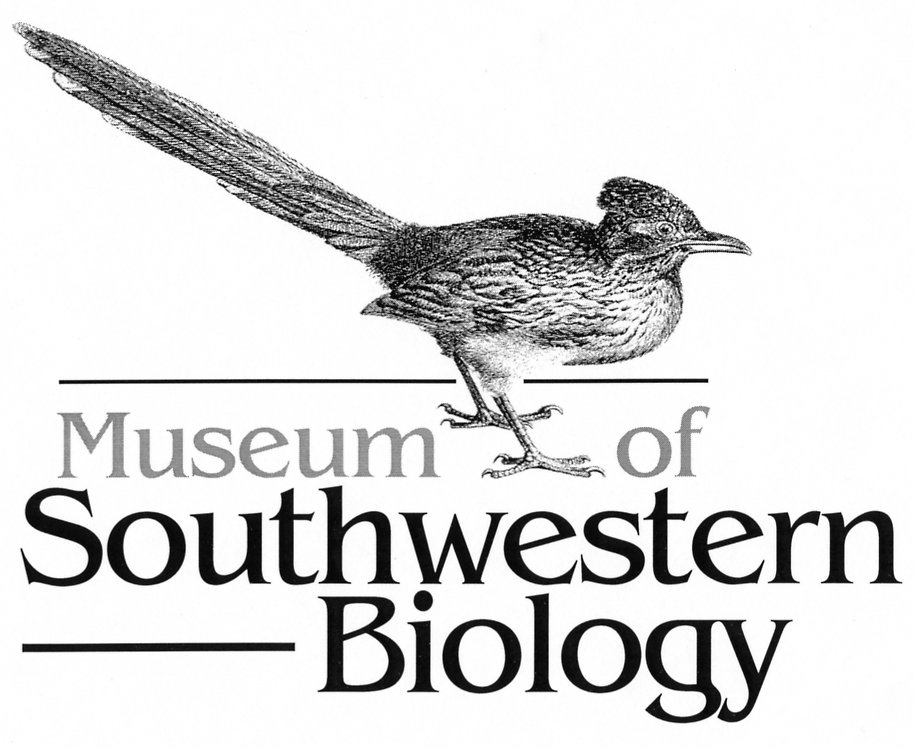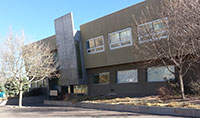Undergraduate Education
Museum collections and associated digital biodiversity data provide an unparalleled platform for innovative education because they provide authentic, place-based experiences that engage students in the process of discovery. You can view a series of short videos about the potential of integrating natural history museums into education and outreach here.
MSB continues to lead in training under-represented students or international students, especially those from Latin America. Indeed, MSB has been the locus of large student-training efforts for many years including two museum-centered programs (funded by the National Science Foundation) that focus on student success. Many of these students have obtained competitive professional positions and assumed leadership roles in their respective fields over the past 50 years.
AIM-UP! is a NSF Research Coordination Network focused on new ways of incorporating the extensive archives and databases of natural history museums into undergraduate education. This year’s theme is Integrated Inventories: Complex Biotic Associations Across Space and Time. ” AIM-UP! is refining existing efforts and developing new integrated approaches to collections-based training in large-scale questions using the combined and broad-based expertise of educators, curators, collection managers, database managers, and scientists whose teaching and investigations span various disciplines and relate to topics covering a wide spectrum of time and space. AIM-UP! began as a collaboration between the University of Alaska, Harvard University, the University of California at Berkeley, and UNM, but is expanding to other educational institutions, federal agencies, Latin American institutions, and a large museum-based genetic consortium in Canada. Future educational themes to be explored include Geographic Variation, Evolutionary Dynamics of Genomes, Biotic Response to Climate Change, and Co-evolving Communities of Pathogens and Hosts as Related to Emerging Diseases.
The goal of the Undergraduate Opportunities (UnO) program was to recruit and prepare undergraduate students for graduate study and research careers. All students had introductory training and then experience concentrated research in their junior and senior years. UnO students participated in one credit-hour seminars each semester that emphasized academic skills, how to gain admission to graduate schools, and other topics for a successful career in biology. UnO undergraduates worked directly with a graduate student and faculty mentor.
We also offers several courses through the UNM Department of Biology:
- Bird Specimen Preparation BIOL 419/519 - Learn to prepare bird study skins and skeletal material
- Flora of New Mexico BIOL 463L - Identification, classification, nomenclature, and geography of vascular seed plants in New Mexico. Survey of adaptations and evolutionary trends in plants of the Southwest
- GIS mapping techniques
- Herpetology BIOL 488L - Classification, phylogeny, natural history and literature of reptiles and amphibians
- Ichthyology BIOL 487L - Classification, phylogeny, natural history and literature of fishes
- Mammalogy BIOL 489L - Classification, phylogeny, natural history and literature of mammals
- Natural History Collections Curatorial Techniques BIOL 419/519
- Ornithology BIOL 486L - Classification phylogeny, natural history and literature of birds.
- Parasitology BIOL 482L - The protozoa and worms important in human and veterinary medicine. Emphasis on life histories, epidemiology and ecology of parasites with laboratory practice in identification and experimentation.



